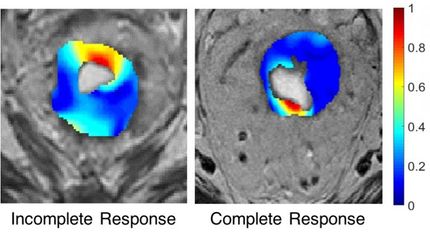Novartis breakthrough drug Glivec® receives positive opinion from CPMP for treatment of a rare, life-threatening GI cancer; move
Glivec - discovered and developed by Novartis - offers unprecedented efficacy in inoperable gastrointestinal stromal tumors (GISTs)
Basel, 22 February 2002 Novartis announced today that it has received a positive opinion from the Committee for Proprietary Medicinal Products (CPMP) for the novel agent Glivec (imatinib) Outside the US: Glivec® (imatinib); in the US: Gleevec™ (imatinib mesylate) in the treatment of adult patients with Kit (CD 117) positive unresectable (inoperable) and/or metastatic malignant gastrointestinal stromal tumors (GISTs). Prior to the development of Glivec, patients with GISTs had no effective treatment options beyond surgery. The European Union (EU) Commission usually grants approval of products four months after a CPMP positive opinion. Glivec was designated orphan drug status in November 2001.
Glivec was approved in the EU on 7 November 2001 for its initial indication for the treatment of Philadelphia chromosome (bcr-abl) positive chronic myeloid leukemia (CML) in chronic phase after failure of interferon-alpha therapy, or in accelerated phase or blast crisis.
"Novartis is extremely gratified that Glivec, which has already benefited thousands of patients worldwide with CML, is now one step closer to becoming readily available in the European Union to patients with GISTs," said David Epstein, President, Novartis Oncology.
GISTs are the most common malignant form of sarcoma that arise in the gastrointestinal tract. Worldwide, there are approximately 12,000 new cases each year. The incidence is highest in people 30-60 years of age. Historically, GISTs have been very difficult to treat due to their high levels of resistance to treatment with traditional chemotherapy and radiation therapy. For patients with metastatic or unresectable disease, GISTs had represented an incurable malignancy with a median survival of approximately 10 to 12 months. Until now, surgery has been the only effective treatment option, resulting essentially in palliation of the disease.
Other news from the department research and development

Get the life science industry in your inbox
By submitting this form you agree that LUMITOS AG will send you the newsletter(s) selected above by email. Your data will not be passed on to third parties. Your data will be stored and processed in accordance with our data protection regulations. LUMITOS may contact you by email for the purpose of advertising or market and opinion surveys. You can revoke your consent at any time without giving reasons to LUMITOS AG, Ernst-Augustin-Str. 2, 12489 Berlin, Germany or by e-mail at revoke@lumitos.com with effect for the future. In addition, each email contains a link to unsubscribe from the corresponding newsletter.






















































